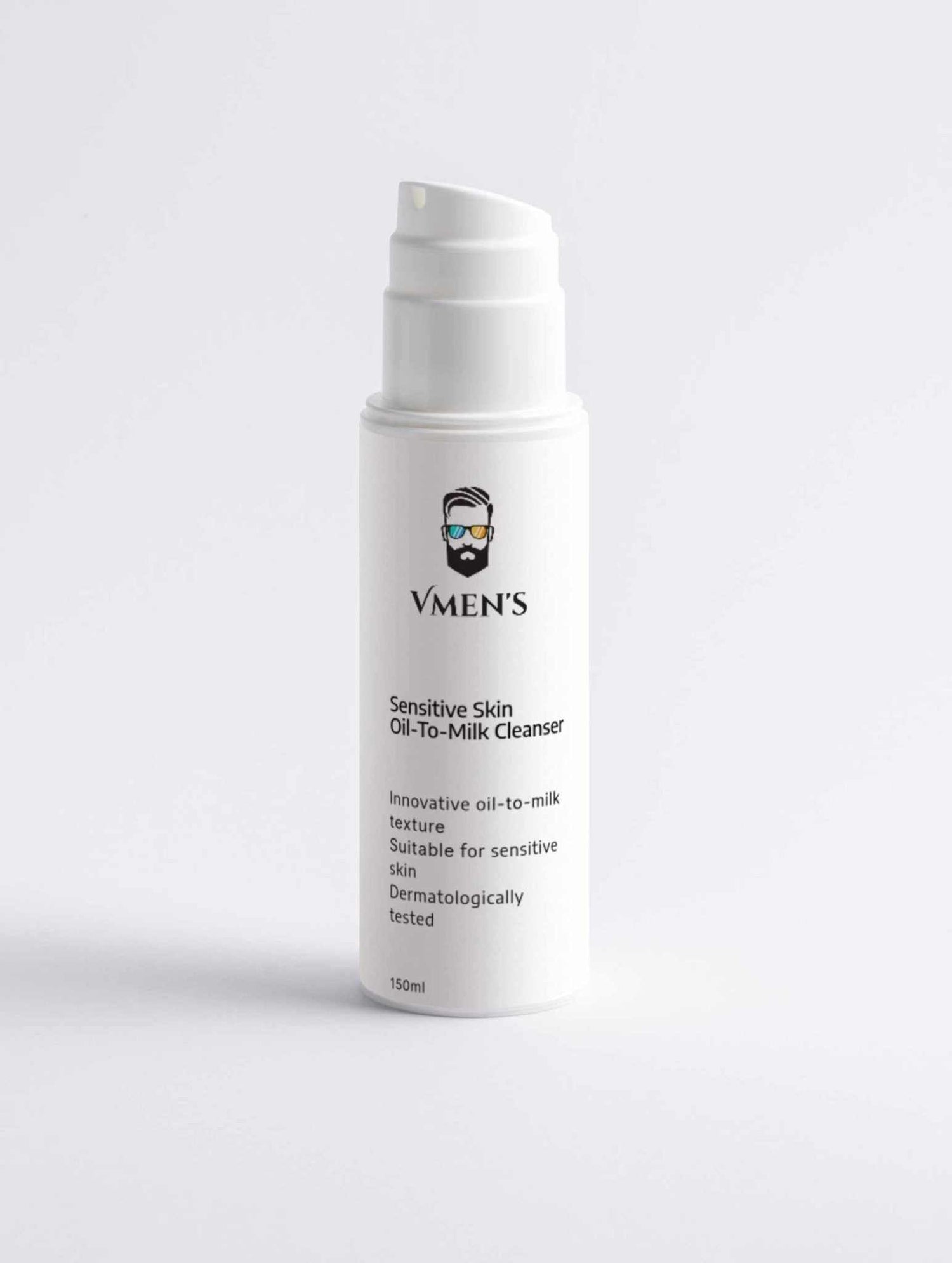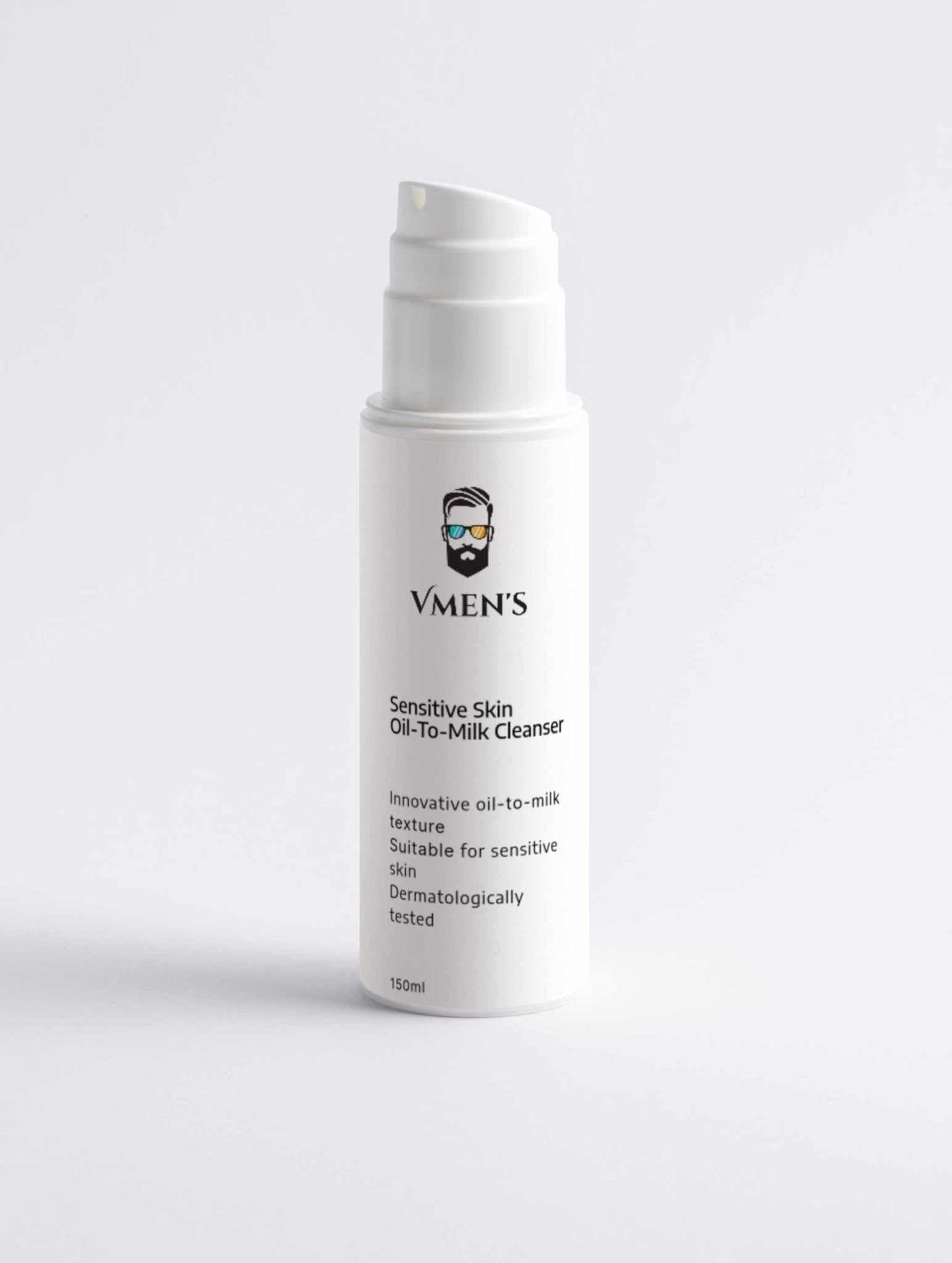Sensitive skin requires a gentle approach to skincare. It's prone to irritation, redness, and discomfort, often reacting to products that are otherwise well-tolerated by other skin types. Understanding how to care for sensitive skin can make a significant difference in comfort and appearance. Let's delve into identifying and caring for sensitive skin.
Identifying Sensitive Skin
Sensitive skin can manifest through various symptoms:
- Redness: Often noticeable on the face.
- Dryness and Flakiness: Skin feels parched and can peel.
- Itchiness: Persistent itching sensation.
- Blisters and Bumps: Small, sometimes painful bumps or blisters.
- Burning Sensation: Skin feels raw or irritated.
- Swelling: Inflammation or puffiness in the skin.
- Tenderness: Skin feels sore or sensitive to touch.
- Reactivity: Negative reactions to beauty products.
Common Conditions Associated with Sensitive Skin
Sensitive skin can be a symptom of underlying skin conditions:
- Dry Skin: Lacks moisture and can feel tight.
- Eczema: Characterized by itchy, inflamed skin.
- Irritant Contact Dermatitis: Reaction to irritants in products.
- Allergic Contact Dermatitis: Allergic reaction to certain substances.
- Rosacea: Causes redness and visible blood vessels.
- Hives: Red, itchy welts from an allergic reaction.
How to Help
Caring for sensitive skin involves avoiding irritants and using gentle products:
- Short, Cool Showers: Limit showers to 5-10 minutes and use cooler water.
- Gentle Products: Choose products free from harsh chemicals and fragrances.
- Pat Dry: After washing, gently pat the skin dry instead of rubbing.
- Avoid Harsh Exfoliators: These can further irritate the skin.
Beneficial Ingredients
Look for these soothing and hydrating ingredients:
- Hyaluronic Acid: For deep hydration.
- Ceramides: Strengthen the skin's barrier.
- Aloe Vera: Soothes and calms the skin.
- Calendula Extract: Reduces inflammation.
- Chamomile Extract: Calms irritated skin.
- Shea Butter: Nourishes and moisturizes.
- Squalene: Mimics skin's natural oils.
- Beeswax: Provides a protective barrier.
- Lactic Acid: Gently exfoliates and hydrates.
Ingredients to Avoid
Steer clear of these potential irritants:
- Fragrances: Can cause reactions.
- Chemical Sunscreens: Opt for mineral-based sunscreens instead.
- Harsh Exfoliants: Avoid abrasive scrubs.
- Sodium Lauryl Sulphates (SLS): Can strip skin's natural oils.
- Alcohol: Dries out the skin.
- Botanical Extracts and Essential Oils: Can be irritating.
- Sulphates: Can be harsh on sensitive skin.
Daily Skincare Routine
Morning:
- Cleanse: Use a gentle, non-irritating cleanser.
- Eye Cream: Care for the delicate under-eye area.
- Hydrating Serum: If your skin is particularly dry.
- Moisturizer: A gentle, hydrating formula.
- SPF: Protect sensitive skin from sun damage.
Evening:
- Cleanse: Gently remove the day's impurities.
- Eye Cream: Continue the under-eye care.
- Moisturizer: Rehydrate and soothe your skin overnight.
Exfoliation
People with sensitive skin should generally avoid exfoliating, as it can aggravate the skin. If exfoliation is necessary, opt for a very gentle, hydrating product and use sparingly.
Conclusion
Managing sensitive skin is about understanding and respecting your skin's limits. By choosing the right products and adopting a gentle skincare routine, you can help reduce irritation and keep your skin healthy and comfortable. Remember, what works for one person might not work for another, so it's important to pay attention to how your skin reacts and adjust your routine accordingly.









